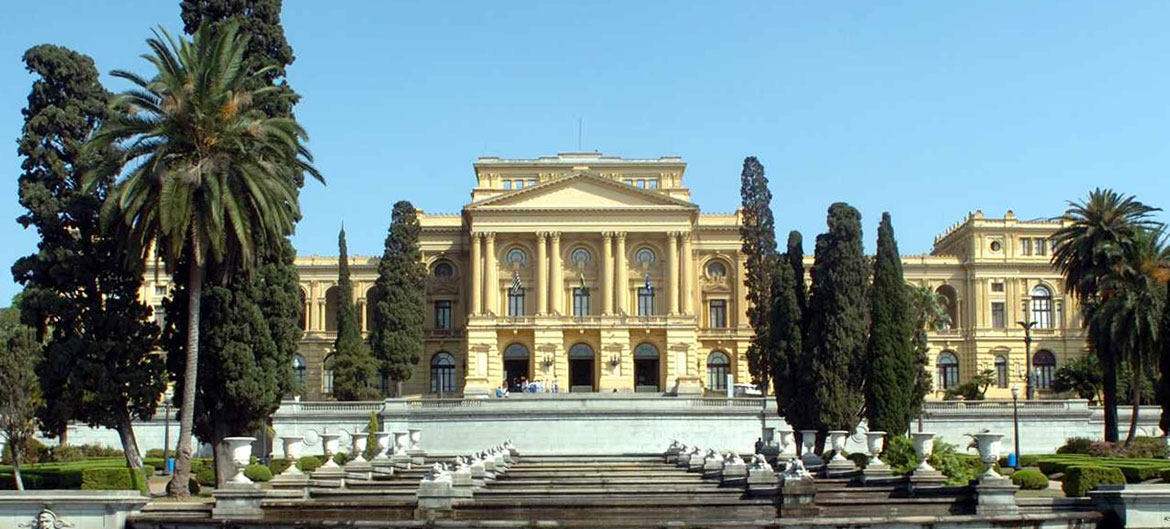University of São Paulo: Project in Ribeirão Preto trains women to cultivate medicinal plants
Learning cultivation techniques and recognizing medicinal plant species allows greater contact with the natural environment, but in the Horto Medicinal para Mulheres project, the objective goes further, it intends for plants to be agents of social inclusion by enabling women in social vulnerability to identify and cultivate medicinal plant species.
The project, included in the Public Notice for Social Inclusion and Diversity at USP, includes the theme of Gender Equality and other Sustainable Development Goals on the agenda proposed by the UN to the heads of state and government in 2015, which must be completed by 2030, and is a partnership between the Faculties of Pharmaceutical Sciences (FCFRP), Philosophy, Sciences and Letters (FFCLRP), both from USP in Ribeirão Preto, and the Brazilian Support Service for Micro and Small Enterprises (Sebrae).
According to the professor responsible for the FCFRP Garden, Simone de Pádua Teixeira, the project was the solution found to involve professionalizing activities for these women in Ribeirão Preto. “The Horto was a path for the development of this idea because of its various pleasant environments, which allow people to have greater contact with the elements of nature”, explains Simone.
For Professor Carolina Aires, the women selected for the project somehow saw the possibility of learning something new and, in the future, undertaking and having greater financial independence. On the first of the seven planned visits to Horto, the women got to know all the spaces and projects under development and attended the lecture Uncomplicate: Entrepreneurship , promoted by Sebrae. The next meeting will be on April 2nd and the project will run until June. In addition to caring for the land, the participants will have information on environmental education, food safety, identification and micronutritional analysis of plants and technical training to obtain raw materials, extracts and essential oils to be used in products.
Ivonete Vieira da Silva Theodoro, 59, and her daughter Kesia da Silva Theodoro, 24, participants in the project, believe that knowledge about plants, especially unconventional ones, is very important. “I am very grateful to be on this project, to learn new things, this project is very wonderful”, says Kessia enthusiastically.
The project coordinated by Professor Hosana Maria Debonsi, from FCFRP, and Rodrigo Augusto Santinelo Pereira, from FFCLRP, also has a partnership with Associação Espírita Seara de Amor, which promotes social assistance and promotion of children, young people and mothers with low income in the Monte neighborhood. Alegre in Ribeirão Preto, and with the Mãos Extended Program, a project for female empowerment and for the breaking of violence against women, in addition to prevention through awareness and sensitization. The support is provided by the Dean of Culture and University Extension at USP.
In addition to teachers Carolina, Simone and Hosana, FCFRP teachers Elaine Cristina Pereira de Martinis, Carem Gledes Vargas Rechia, Lorena Rigo Gaspar Cordeiro, five scholarship students and technical support from Edimárcio da Silva Campos participate.

